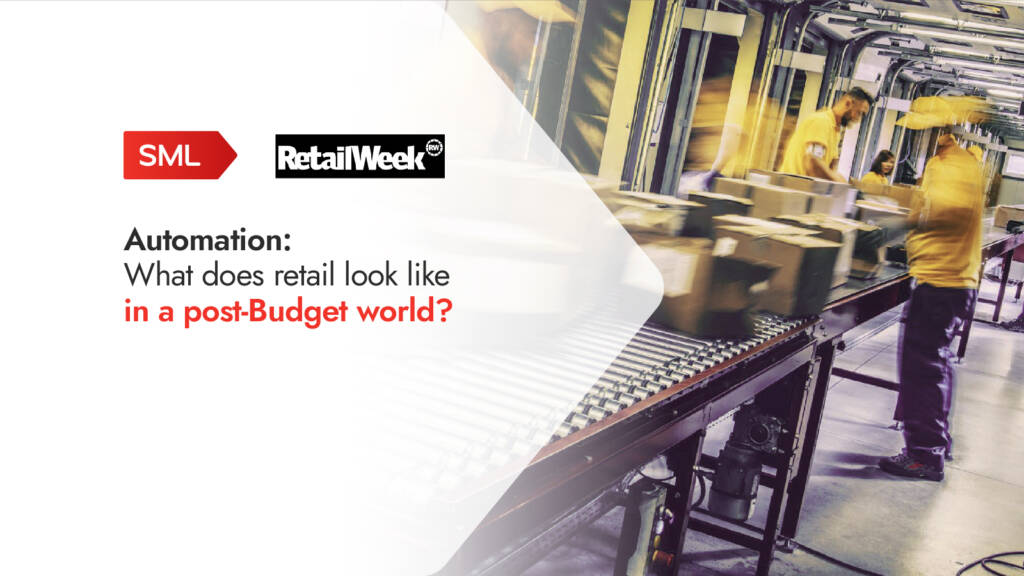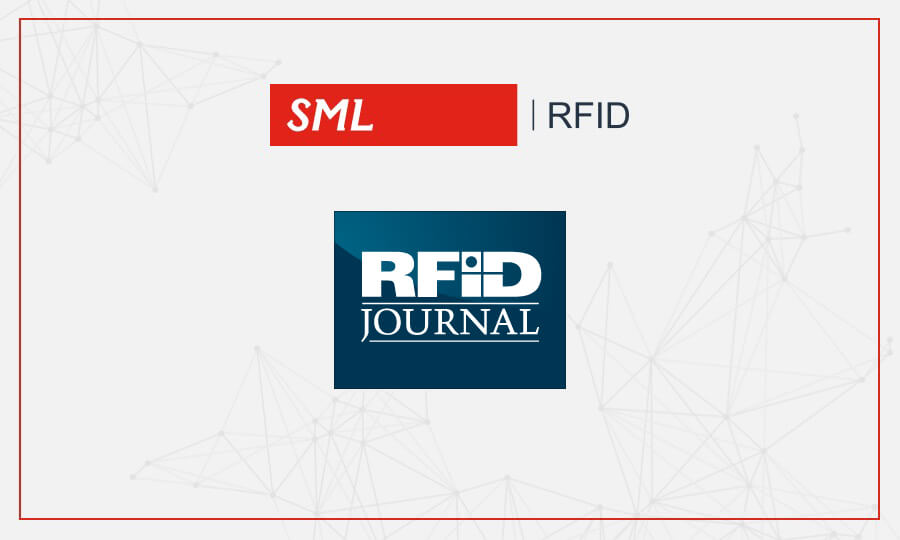What does retail look like in a post-Budget world?
One tool proving crucial for retail is automation as businesses turn to tech to survive, adapt and cut costs.
In a British Retail Consortium (BRC) survey asking how retailers would respond to the rise in employers’ contributions this April, 31% said the increased costs would lead to them implementing more automation.
Even prime minister Keir Starmer is championing automation, recently saying the government is planning to use AI to boost growth and deliver services more efficiently.
As retail navigates a world post-Budget, Retail Week looks at who is looking at automation as an aid, and how this will impact both customers and millions in the workforce.
The opportunity
NatWest’s recent retail and leisure outlook report with Retail Economics shows that the top benefits of investing in automation are reported to be greater productivity and operational efficiency followed by a better competitive advantage.
Most retailers are likely to have some form of automation in their operations, with retail technology consultant Miya Knights highlighting that the “basics” such as point-of-sale transactions and barcodes are fully automated.
“There are still jobs and processes that will need human intervention, oversight and management,” she says, “but automation will replace the most basic tasks being done by humans”.
Investment in automation across UK retail is forecast to be £412m in 2025, according to the NatWest and Retail Economics report.
It also reveals that 79% of businesses planned increases in labour costs this year due to the Budget, but have since said automation could be more “commercially viable”.
For Nicholas Found, head of commercial content at Retail Economics, the Budget is driving retailers to automation as a “strategic necessity for resilience”.
“Automation is becoming more commercially viable as systems develop, allowing businesses to scale, streamline processes, and respond flexibly to changing market conditions.”
A slew of retailers are exploring ways to mitigate costs from the Budget, with Pets at Home leaving no stone unturned as it explores “every lever” possible.
Marks & Spencer’s boss Stuart Machin said he will look at new technologies to save 160,000 man hours across its supply chain, while Primark owner ABF is planning on rolling out more self-checkouts and automating warehouses – resulting in “employing fewer people”.
Currys chief executive Alex Baldock was candid about offshoring and price rises to counterbalance costs of the Budget, adding there will be “more automation in our logistics and our supply chain.”






